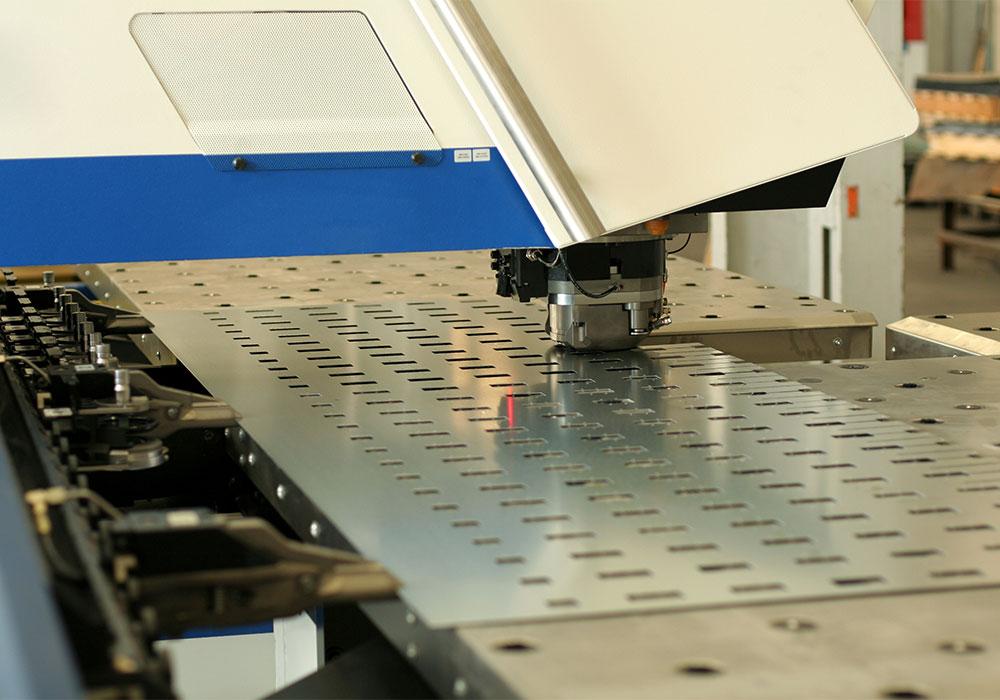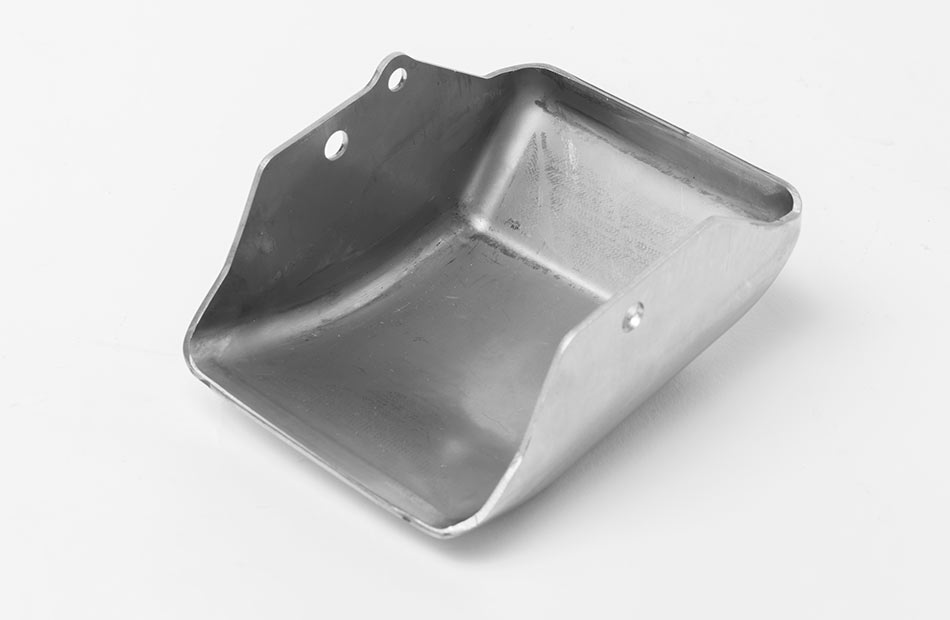Wrenches are the backbone of any toolbox, offering a versatile solution to securing or loosening nuts, bolts, and various threaded parts. Their importance spans across industries, from household repairs to heavy-duty industrial applications, owing to their diverse shapes and sizes. In this comprehensive guide, we’ll explore the multifaceted world of wrenches, investigating their applications, functionalities, and their pivotal role in geocomposite manufacturing.

What are the different types of wrenches available and their specific uses?
Wrenches come in a multitude of types, each tailored for specific tasks. Adjustable wrenches provide adaptability with an adjustable jaw, accommodating various bolt sizes. Socket wrenches utilize sockets of different sizes, facilitating efficient handling of bolts in tight spaces. Meanwhile, combination wrenches integrate an open-end and a box-end, and torque wrenches ensure precision tightening with predetermined torque levels.
What are the primary applications of wrenches?
Wrenches find themselves in countless industries and scenarios, from automotive repair shops to construction sites and household maintenance. In manufacturing, they’re pivotal in assembling machinery, while in plumbing, they aid in fixing and maintaining pipelines. Additionally, wrenches are essential for assembling and maintaining various mechanical systems across industries.
How do wrenches contribute to the geocomposite manufacturing process?
Geocomposites, integral in civil engineering for soil stabilization, drainage, and environmental protection, rely on precise assembly. Wrenches play a crucial role in the manufacturing of geocomposites by aiding in machinery assembly. They ensure proper alignment and tightness of components, maintaining the quality and efficiency of geocomposite manufacturing equipment.
What are some best practices for using wrenches safely and effectively?
Selecting the right wrench for the job is crucial for safe and effective usage. Always use the correct size and type to prevent damage to both the wrench and the fastener. Inspect the wrench for damage or wear before use, apply force steadily, and ensure proper positioning to avoid slippage, reducing the risk of injury and damage to the fastening mechanism.

Applications and Geocomposite Relevance:
Beyond their conventional uses in automotive, construction, and household maintenance, wrenches are instrumental in geocomposite manufacturing. These composite materials require precise machinery assembly, and wrenches ensure accuracy, maintaining product quality and integrity.
In conclusion, wrenches stand as indispensable tools, offering versatility and reliability in fastening tasks across diverse sectors. Their role in geocomposite manufacturing highlights their significance in specialized industrial applications, contributing significantly to infrastructure and environmental engineering.